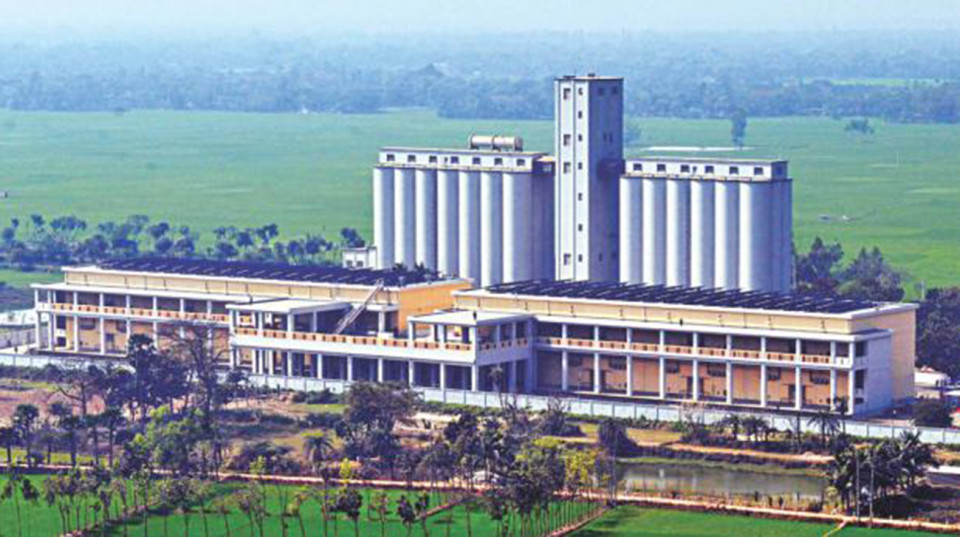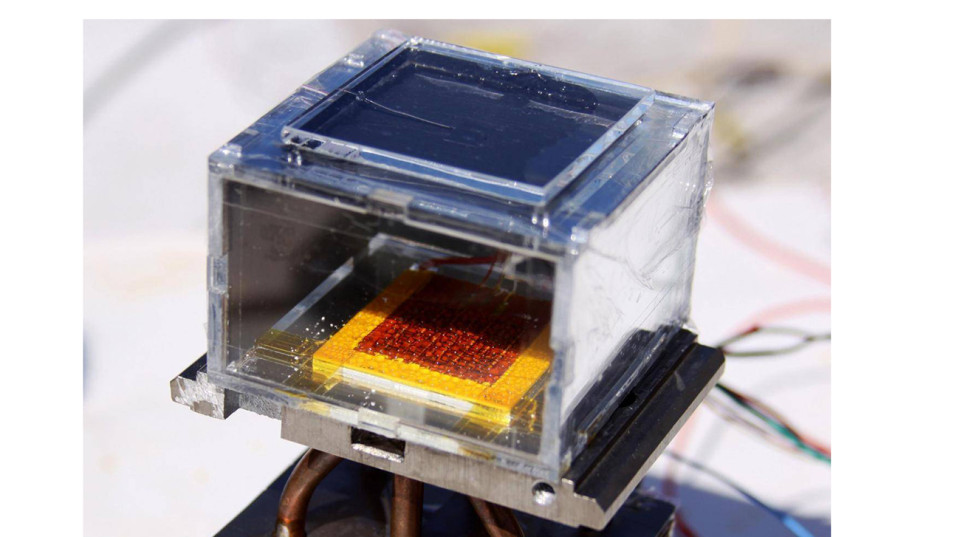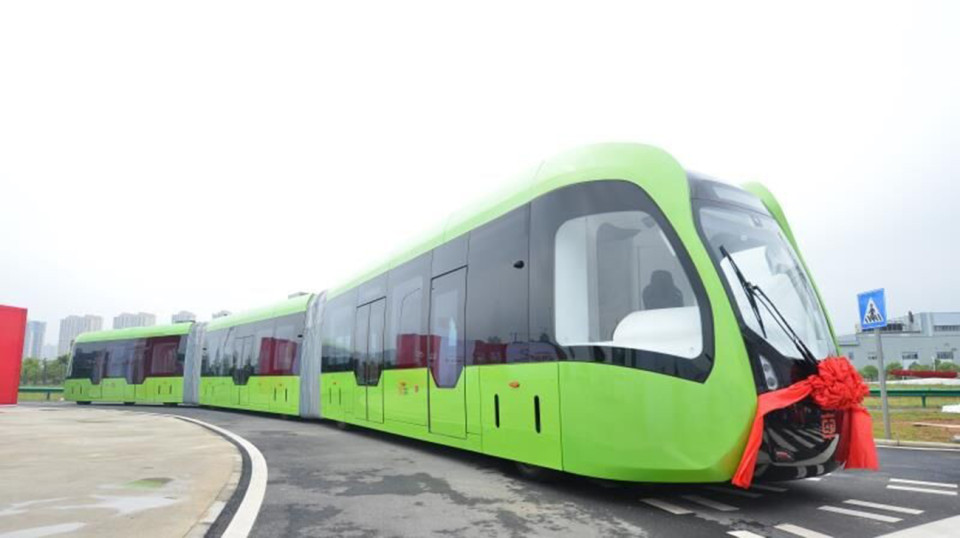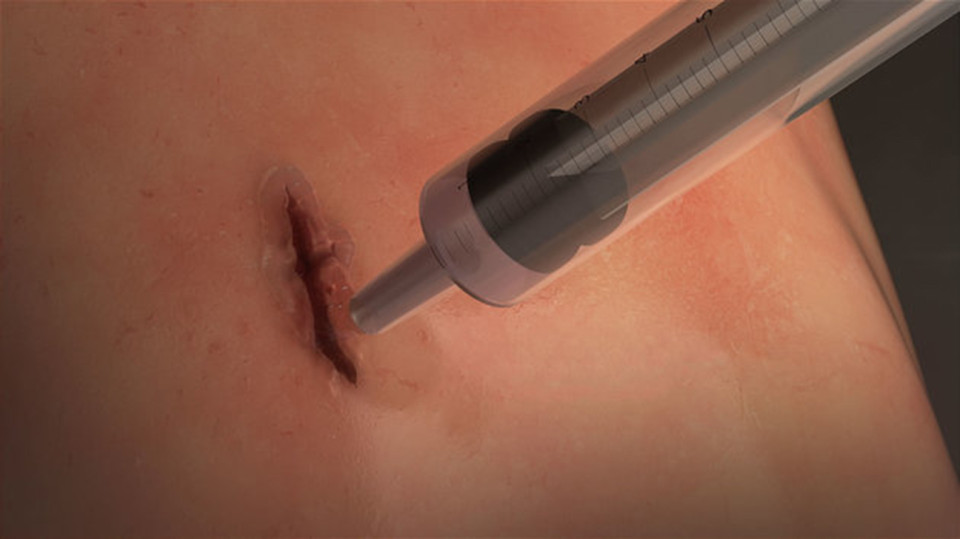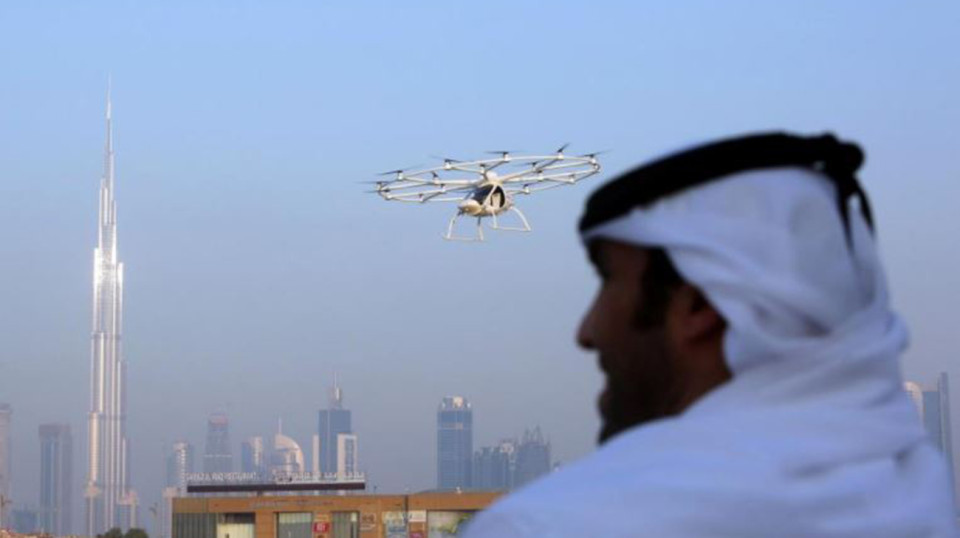
Dubai staged a test flight for what it said would soon be the world’s first drone taxi service under an ambitious plan by the United Arab Emirates city to lead the Arab world in innovation, reports Reuters.
The flying taxi developed by German drone firm Volocopter resembles a small, two-seater helicopter cabin topped by a wide hoop studded with 18 propellers.
Meant to fly without remote control guidance and with a maximum flight duration of 30 minutes, it comes with plenty of fail-safes in case of trouble: back-up batteries, rotors and, for a worst case scenario, a couple of parachutes.
Volocopter is in a race with more than a dozen well-funded European and US firms, each with its own science fiction-inspired vision for creating a new form of urban transport that is a cross between a driverless electric car and a short-haul, vertical takeoff-and-landing aircraft.
These include aerospace giant Airbus, which aims to put a self-piloting taxi in the air by 2020; Kitty Hawk, a company backed by Google co-founder Larry Page; and Uber, which is working with partners on its own flying taxi strategy.




